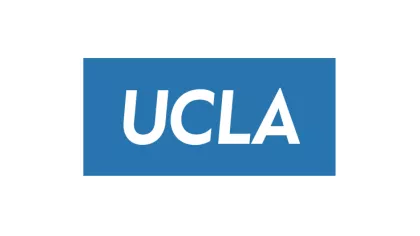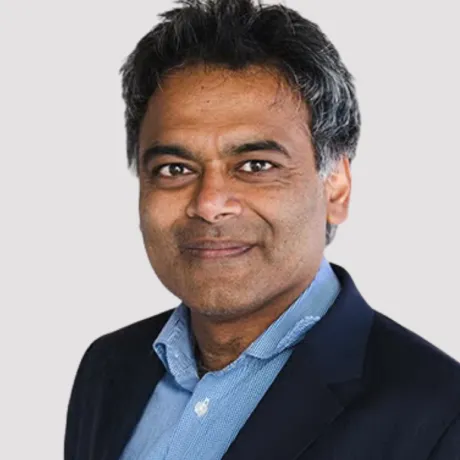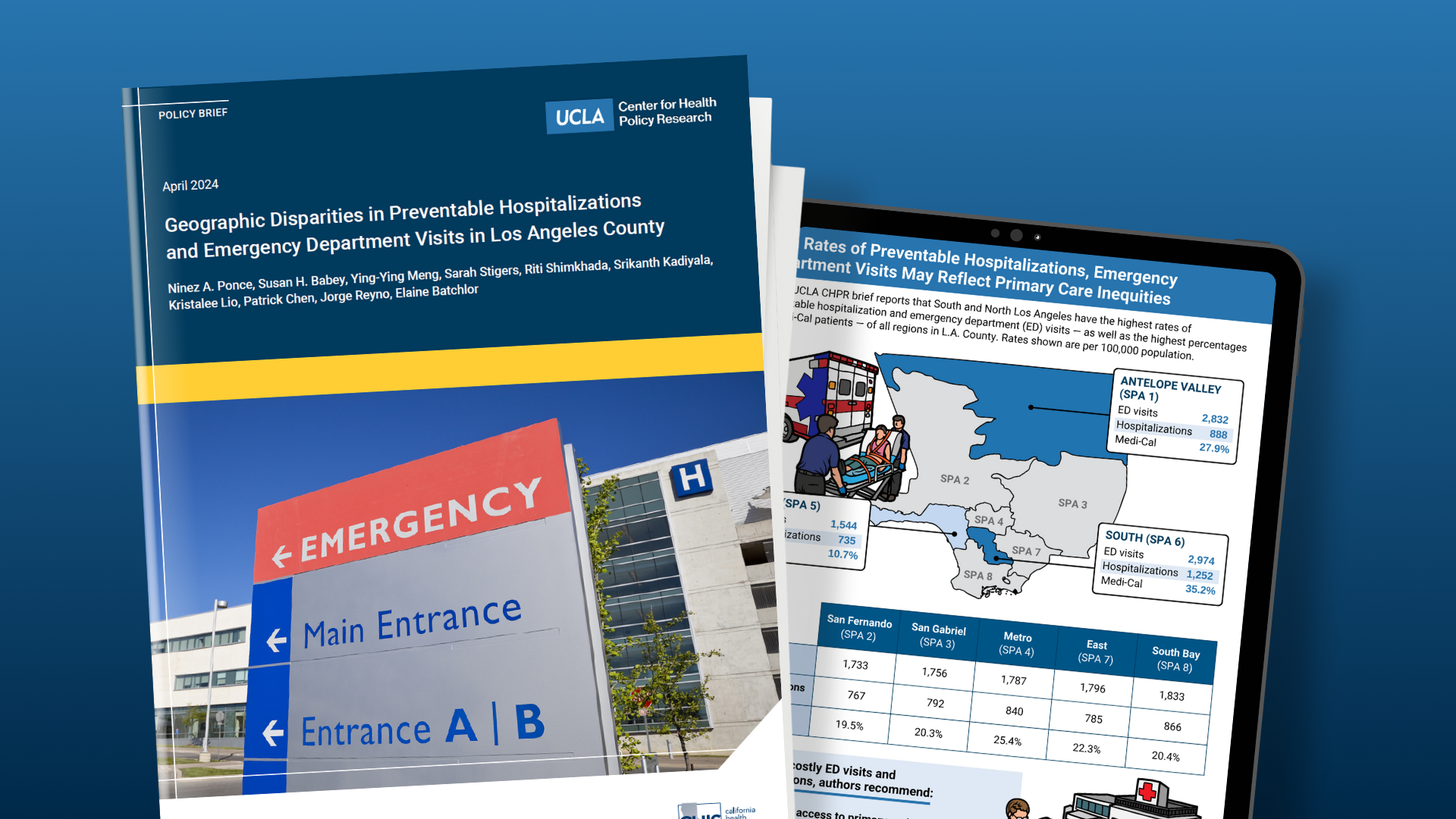
Journal Article
Cost Analysis of a Scalable Clinician Communication Intervention to Increase HPV Vaccine Initiation
Authors randomized 48 primary care pediatric practices to online communication training vs. usual care. Online communication training reduced missed opportunities (MOs) for initial human papillomavirus (HPV) vaccination at well-child care (WCC) visits by 6.8 percentage points among children aged 11–17 years. The current study estimated implementation costs of the communication training intervention at WCC visits.
Authors analyzed monthly surveys completed by intervention practice lead clinicians to track clinician plus office staff personnel hours devoted to implementing the intervention. They converted personnel time into 2019 U.S. dollars using national median hourly wages for physicians and other health care workers; they tracked nonpersonnel costs. Authors calculated costs per practice (overall and by practice size) and estimated costs per averted MO for HPV vaccine initiation using an effectiveness estimate determined by grouped logistic regression at the practice level.
Findings: Practices varied from 1 to 24 clinicians and from 241 to 8,866 visits during the 6-month intervention. Total intervention costs varied substantially across the 24 intervention practices from $370 to $6,653, with a mean of $2,003 and median of $1,305. The incremental cost per averted MO for HPV vaccine initiation at WCC visits averaged $110 ($212 in practices with 1 or 2 physicians and $94 in practices with 3 or more physicians).
The implementation cost per averted MO for HPV vaccine initiation at WCC visits of this online communication training intervention was modest, particularly among larger pediatric practices.






